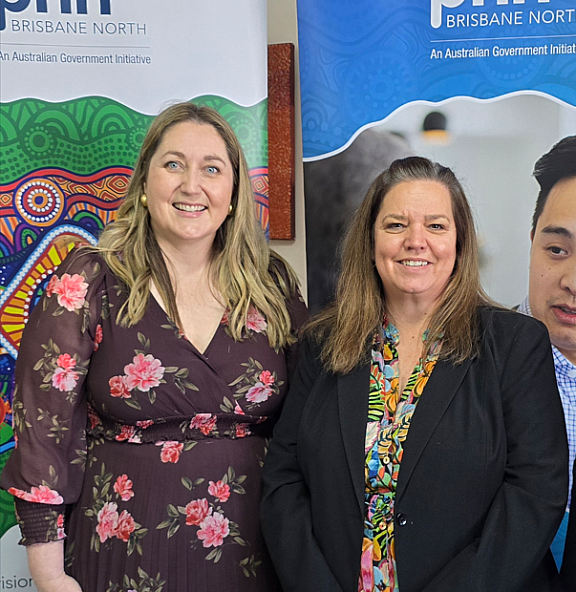
Announced: North Brisbane and Moreton Bay Medicare Mental Health Centres opening from July
Mar 27, 2025
Apr 06, 2022

As we move into a different phase of the pandemic, a GPs interaction with families may be changing. Although child mental health (CMH) has caught a few headlines during the pandemic, it’s likely a parents focus is on practical information related to the COVID vaccine or managing the disease at home. Despite the practical focus during this pandemic, child mental health trends are concerning.
In the first 6 months of 2021, the Kid’s Helpline reported an almost 100 per cent increase (nationally)[i] in duty of care interventions. Within these statistics, and possibly more disturbing, is the impact on younger children with a 200 per cent increase in five year olds seeking support.
Prevention and early intervention of mental health challenges is now more important than ever before.
More broadly, mental health early in life can influence and, in some cases, predict a range of early outcomes including the development of a mental illness, psychological or behavioural problems. It can also impact academic success at school. Beyond childhood, challenges impact life expectancy, physical health, employment and include increases in criminal behaviour and suicidiality[ii].
The cost of all these mental health challenges is substantial. Even challenges that don’t meet the criteria for diagnosis cost the Australian health system considerably[iii], alluding to the need to focus on early intervention and prevention.
GPs are considered the first point of call for parents and with most young children seeing a GP regularly[iv], GPs are well positioned to support children experiencing the first signs of difficulties. Additionally, parents are increasingly aware of the importance of seeking support for mental health challenges. As treatment for mental health challenges improves, so does the optimism of those parents’ seeking treatment for their children[v].
As we move away from CMH being viewed as a taboo subject, two conclusions can be made:
To support GPs in this work, Emerging Minds, funded by the Commonwealth Department of Health, has developed several resources to assist GPs and other care providers to better support children at risk of mental health difficulties and their families.
Here are some resources to help with engaging families around CMH:
Or, for a comprehensive list of GP specific resources including podcasts, webinars, assessment tools and accredited e-learning courses, please check the Emerging Minds GP Toolkit.
[i] Yourtown (2021) Increase in children as young as 5 contacting Kids Helpline
[ii] Felitti, V. J., Anda, R. F., Nordenberg, D., Williamson, D. F., Spitz, A. M., Edwards, V., ... & Marks, J. S. (2019). Relationship of childhood abuse and household dysfunction to many of the leading causes of death in adults: the adverse childhood experiences (ACE) study. American journal of preventive medicine, 56(6), 774-786.
[iii] Le, L. K. D., Shih, S., Richards-Jones, S., Chatterton, M. L., Engel, L., Stevenson, C., ... & Mihalopoulos, C. (2021). The cost of Medicare-funded medical and pharmaceutical services for mental disorders in children and adolescents in Australia. Plos one, 16(4), e0249902.
[iv] Australian Institute of Family Studies (2017). Children’s Use of Health Care Services.
[v] Schnyder, N., Sawyer, M. G., Lawrence, D., Panczak, R., Burgess, P., & Harris, M. G. (2020). Barriers to mental health care for Australian children and adolescents in 1998 and 2013–2014. Australian & New Zealand Journal of Psychiatry, 54(10), 1007-1019.

We acknowledge the Traditional Custodians within our region: the Jagera, Turrbal, Gubbi Gubbi, Waka Waka and the Ningy Ningy peoples of where we meet, work and learn. Brisbane North PHN is committed to reconciliation. Our vision for reconciliation is where the stories of our First Nations’ people are heard and shared, and networks are formed.